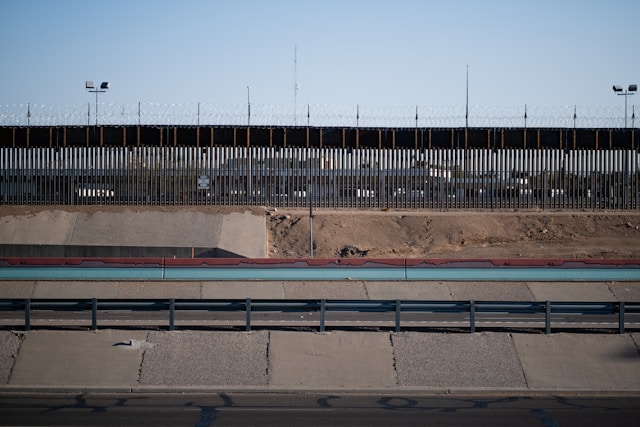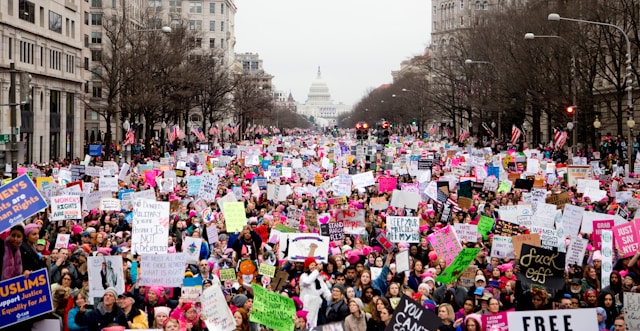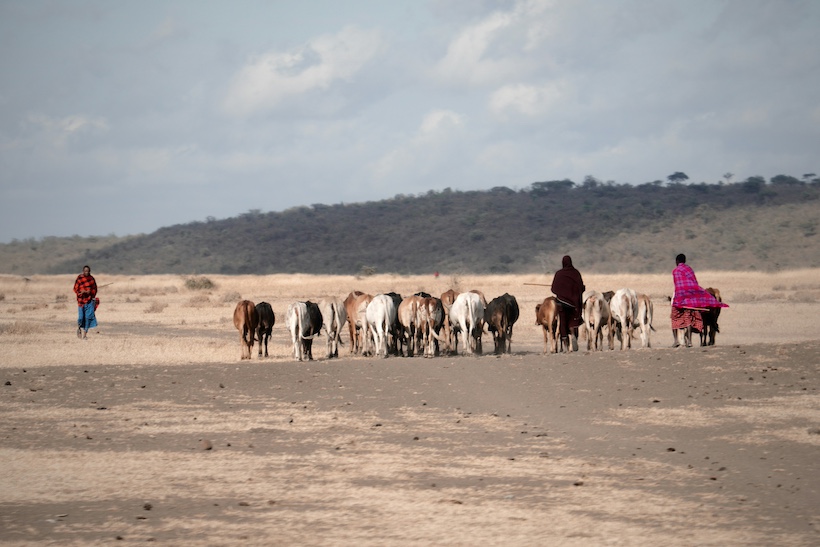While changes to immigration policies are often focused on the southern border, they have also been used to target Muslim immigrants and communities. A policy that President Trump officially rescinded today previously prohibited Immigration and Customs Enforcement (ICE) agents and Customs and Border Protection (CBP) officers from conducting searches or detaining undocumented immigrants in so-called "sensitive areas," such as hospitals, schools, and places of worship. With this policy now revoked, ICE and CBP agents will have expanded authority to enter any location, including these previously protected spaces, to detain suspected undocumented individuals.
The official Department of Homeland Security (DHS) press statement specifically mentions churches as locations where enforcement will no longer be restricted, but it is likely that this directive will extend to other religious spaces, such as mosques. This policy change raises concerns among advocacy groups, particularly within Muslim communities, which have historically faced disproportionate scrutiny under immigration enforcement efforts.
As of 2023, estimates suggest there are between 200,000 and 600,000 undocumented immigrants of Middle Eastern origin in the United States, making up roughly 2-5% of the total undocumented population. While Muslim immigrants represent a small fraction of of the total undocumented population, the rhetoric and actions of the current administration suggest that they may become specific targets of these expanded enforcement measures. This concern is amplified by past instances of discriminatory policies, such as the Muslim Ban, which fostered an atmosphere of fear and exclusion.
It is crucial to protect our communities and ensure that everyone, regardless of their immigration status or faith, feels safe and welcome. If you are concerned about your immigration status or fear being targeted, we encourage you to seek support. Organizations like the Council on American-Islamic Relations (CAIR) offer resources and legal representation to help individuals understand and exercise their rights.




